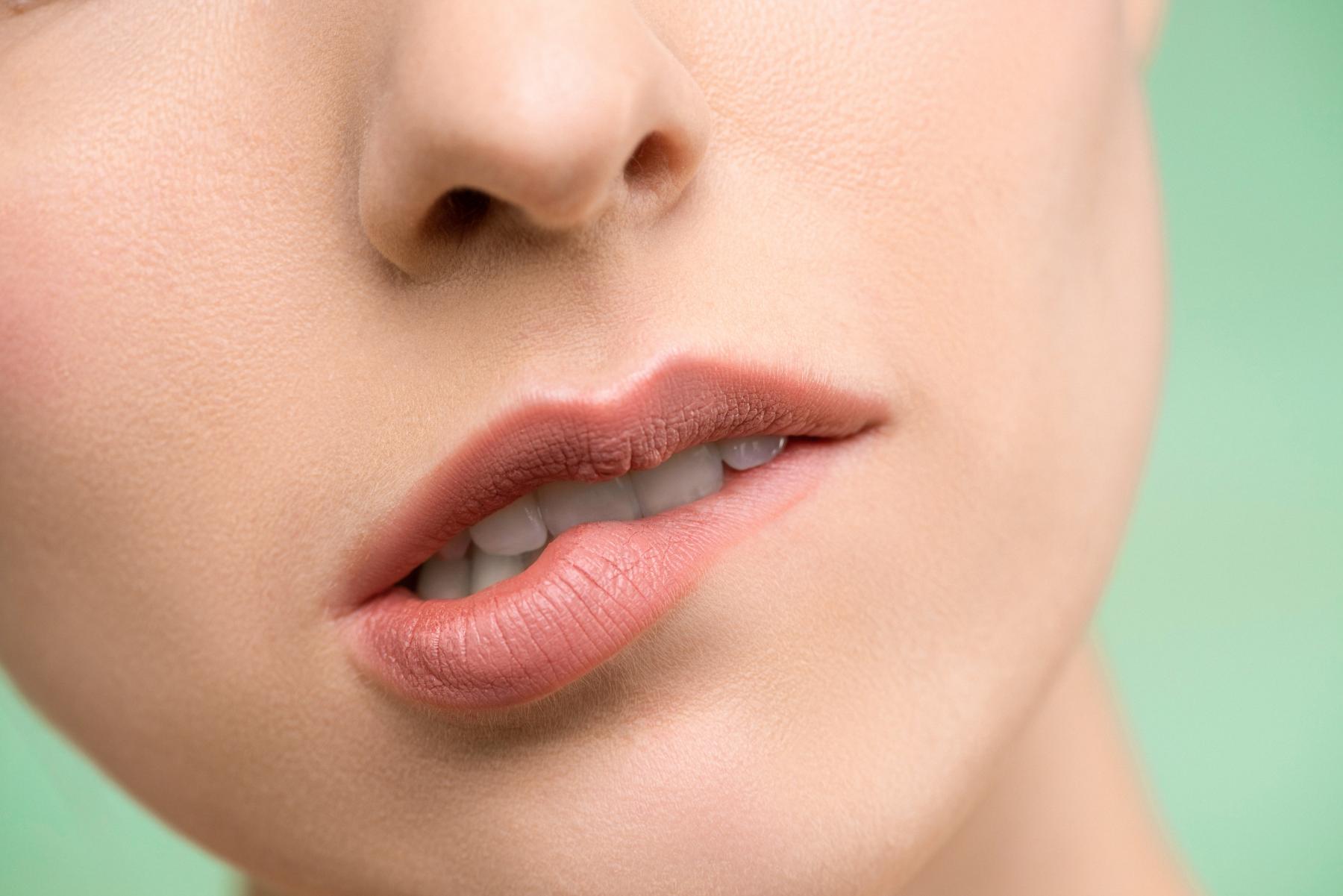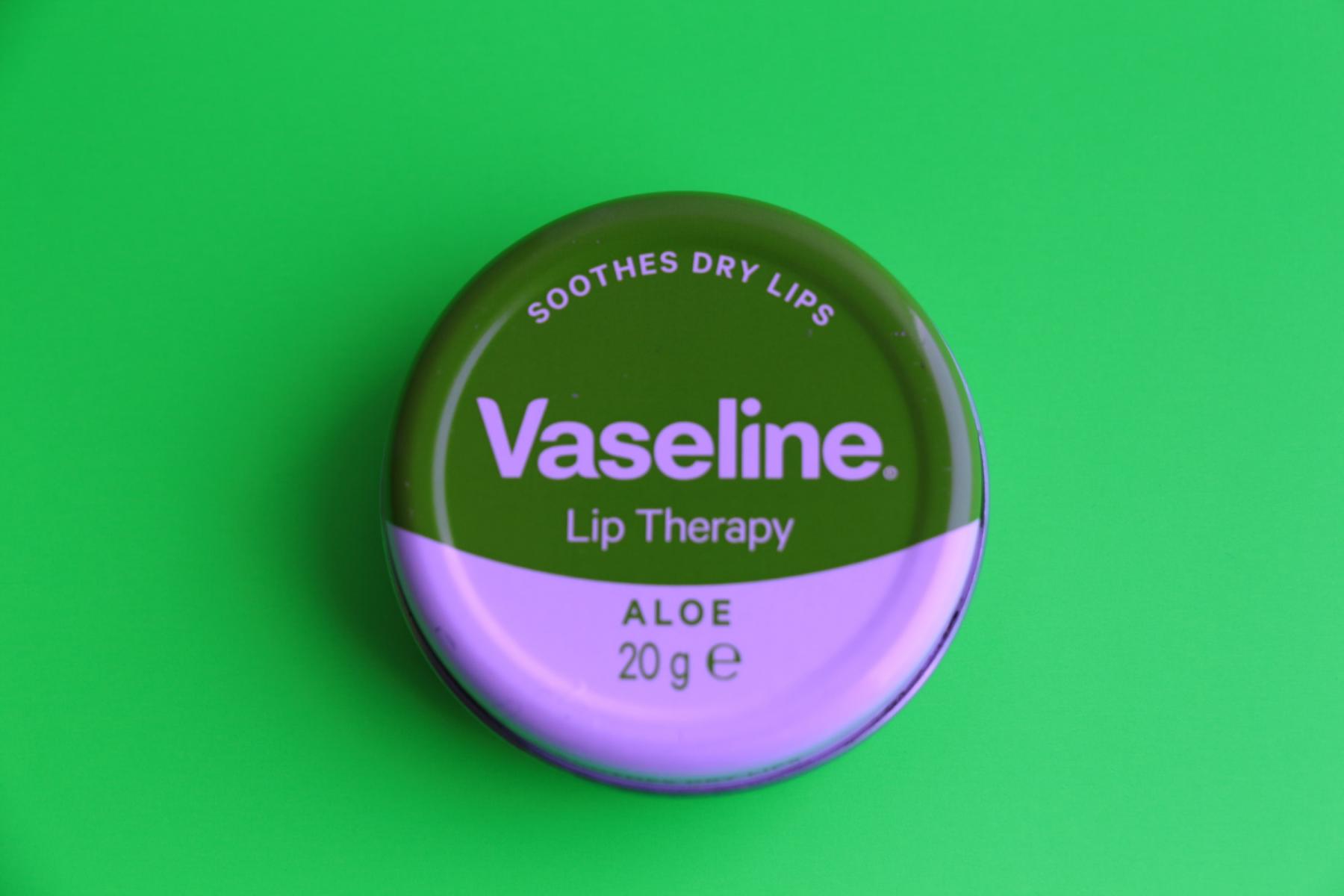
How to care for your lips? This question is especially important in the cold season. Due to humidity levels and the combination of cold air outside and heated air inside, lips get dry and cracked, which can cause pain. Let’s find out how to care for your lips in winter properly.
Winter Lip Care: 10 Main Rules
Lips are susceptible to external influence, especially in winter, because capillaries are situated close to the surface and there’s no lipid layer. Daily care for lips in winter is an important routine that helps to protect your lips from wind and cold temperatures. If you know basic rules, you can easily care for the thin skin of your lips at home.
Don’t Bite or Lick Your Lips
The habit of biting lips creates cracks and sores, while licking causes chapped lips, as excess moisture rapidly dries out from the surface of the lips in the wind, leaving them ‘bare’ in the face of external factors.

Remove Lip Makeup Properly
If your skincare products contain salicylic acid, cleanse your face carefully, avoiding the area around your mouth. Acid makes the thin skin of your lips dry. In winter, it’s better to remove lip makeup with gentler products.
Here are some options:
- oil-based cleansing lotions
- micellar water
- makeup removal milk.
Do Lip Massage
Giving your lips everyday massages with a soft toothbrush is a good idea in any season. Lip massages stimulate an increase in blood flow and facilitate cell regeneration.
Do Lip Peels
Beauty experts recommend doing lip peels at least once a week. You can buy a ready-made product or make one at home. Here’s what you’ll need:
- one tablespoonful of honey
- one tablespoonful of sugar
- several drops of olive oil.
Mix all the ingredients and gently massage your lips with the mixture. Don’t forget to moisturize your lips afterwards.

Stay Hydrated
Dry cracked lips are often the result of not only improper care, but also dehydration. Calculate how much water you drink a day. The norm is 1-1.5 liters a day.
Eat Healthily
Chapped lips often indicate the lack of fat and vitamin deficiency. This is a sound reason to introduce red fish, avocados, nuts, sunflower seeds, and unrefined oils to your diet.
Use a Humidifier
In winter, dry air inside is another damaging factor for skin, including lips. It’s recommended using a humidifier that can help to increase air humidity in a room up to optimal 50-60%. As for air temperature, it should stay at 20-20°C.
Don't Use Matte Lipsticks and Gel Lip Glosses
Beauty specialists warn that matte lipsticks make lips dry. As opposed to classic lipsticks, they don’t contain moisturizing agents, but have a lot of pigment. Gel lip glosses have a similar drying effect.
Moisturize and Nourish Your Lips
Cosmetic brands offer a wide range of lip care products:
- nourishing balms
- lifting boosters
- hydrogel patches
- lip contour and lip creams.
Most of these products contain hyaluronic acid, peptides, and oils.

Nourishing and moisturizing lip products can also be made at home. You can make them from grated avocados, cucumbers, or apples. Apply this mash to your lips for ten minutes and rinse it off. A lip mask from a teaspoonful of fat cottage cheese mixed with cream.
Use Lip Balms
Lip balms are the most effective product for avoiding chapped lips. Apply lip protection before going out and remember to refresh the protective layer every couple of hours.
Choosing Proper Lip Products
The first thing you should take into account when choosing a protective lip product for winter is its ingredients. A good lip balm should mostly consist of natural ingredients, including wax, oils, plant extracts, and vitamins. Oils and vitamins nourish and moisturize your lips. The most effective oils include:
- jojoba oil
- shea oil
- coconut oil
- almond oil.
Lip balms should also contain the following vitamins:
- A
- B
- C
- E.
Plant extracts are added to lip balms for their anti inflammatory and healing properties:
- aloe
- chamomile
- calendula
- rosemary
- lemon.
Wax creates a film that helps to lock in moisture and prevent it from evaporating from the surface of lips in the wind and cold air. Other substances with similar properties include:
- ceramides
- lanolin
- glycerin.

Hyaluronic acid as a lip balm component also produces a great moisturizing effect.
Here’s what protective lip balms shouldn’t contain:
- salicylic acid
- silicone oil
- camphor
- phenol
- menthol.
These substances may be present in lip balms, but in winter they dry out your lips.
Important! Keep in mind that your lips are susceptible to burning not only in summer, but also in winter. Make sure that your lip balm or lipstick contains sunscreen with SPF 15-20. When you’re outside. don’t forget to refresh your protective layer every two hours.
How to Treat Cracked Lips?
Let’s talk about dealing with cracked, flaking or peeling lips.
- Stop using any type of lipstick and lip balm.
- Follow a daily lip care routine at home: do gentle lip peels and apply moisturizing masks.
- Repeat this routine until your lips heal.
If your lips don’t heal fast, consider visiting a doctor who might prescribe you antibiotic ointment. Gels with zinc sulfate or ointment with panthenol will also help your lips heal.
Winter lip care is not difficult, it’s just enough to know and follow the basic rules and use high-quality lip products.


















to leave a comment
Log in